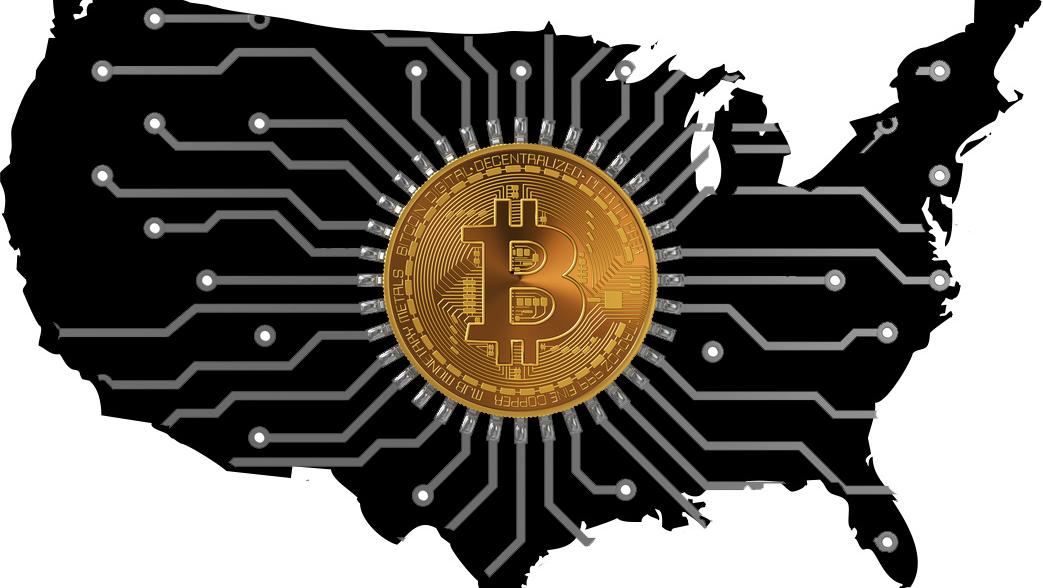PALO ALTO, Calif. (Reuters) - The Federal Reserve is looking at a broad series of concerns around digital payments and currencies, consisting of policy, design and legal factors to consider around potentially issuing its own digital currency, Governor Lael Brainard stated on Wednesday. Brainard's remarks recommend more openness to the possibility of a Fed-issued digital coin than in the past." By changing payments, digitalization has the possible to provide greater worth and convenience at lower expense," Brainard stated at a conference on payments at the Stanford Graduate School of Service.
Reserve banks internationally are disputing how to handle digital financing innovation and the dispersed ledger systems utilized by bitcoin, which guarantees near-instantaneous payment at possibly low expense. The Fed is developing its own day-and-night real-time payments and settlement service and is currently examining 200 comment letters sent late in 2015 about the proposed service's style and scope, Brainard stated.
Less than 2 years ago Brainard informed a conference in San Francisco that there is "no engaging showed requirement" for such a coin. But that was before the scope of Facebook's digital currency ambitions were commonly known. Fed authorities, consisting of Brainard, have raised concerns about customer securities and information and privacy risks that might be presented by a currency that could enter usage by the third of the world's population that have Facebook accounts.
" We are collaborating with other central banks as we advance our understanding of reserve bank digital currencies," she stated. With more countries looking into releasing their own digital currencies, Brainard stated, that includes to "a set of factors to also be making certain that we are that frontier of both research study and policy advancement." In the United States, Brainard said, problems that need study consist of whether a digital currency would make the payments system more secure or easier, and whether it could pose monetary stability threats, consisting of the possibility of bank runs if money can be turned "with a single swipe" into the central bank's digital currency.

To counter the monetary damage from America's unprecedented nationwide lockdown, the Federal Reserve has actually taken unprecedented actions, consisting of flooding the economy with Visit the website dollars and investing directly in the economy. The majority of these moves received grudging approval even from numerous Fed doubters, as they saw this stimulus as required and something only the Fed could do.
My new CEI report, "Government-Run Payment Systems Are Unsafe at Any Speed: The Case Against Fedcoin and FedNow," information the threats of the Fed's current plans for its FedNow real-time payment system, and propositions for central bank-issued cryptocurrency that have been dubbed Fedcoin or the "digital dollar." In my report, I talk about issues about privacy, information security, currency manipulation, and crowding out private-sector competition and development.
Proponents of FedNow and Fedcoin state the federal government must create a system for payments to deposit quickly, instead of motivate such systems in the private sector by raising regulatory barriers. But as noted in the paper, the economic sector is providing a relatively endless supply of payment technologies and digital currencies to solve the problemto the degree it is a problemof the time gap in between when a payment is sent and when it is received in a bank account.
And the examples of private-sector development in this area are many. The Clearing House, a bank-held cooperative that has been routing interbank payments in numerous types for more than 150 years, has been clearing real-time payments since 2017. By the end of 2018 it was covering 50 percent of the deposit base in the U.S.